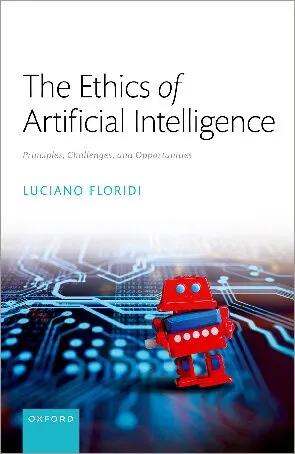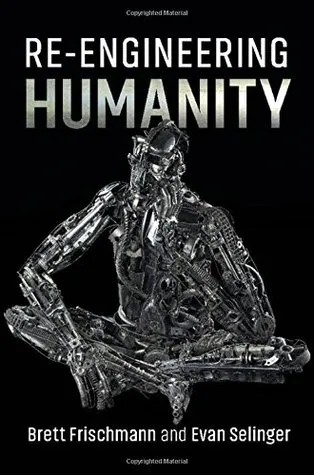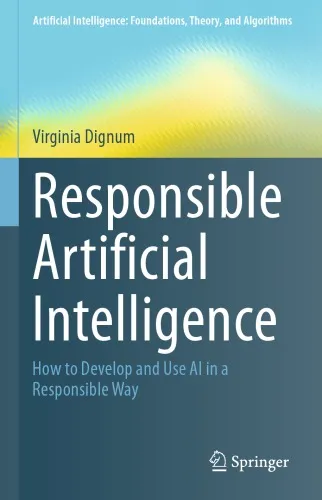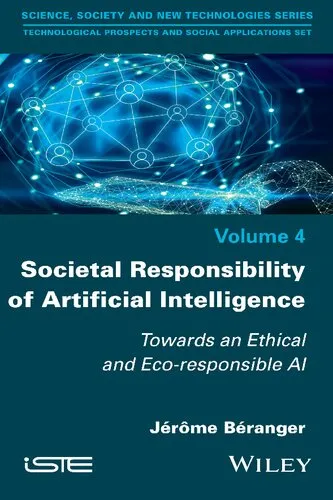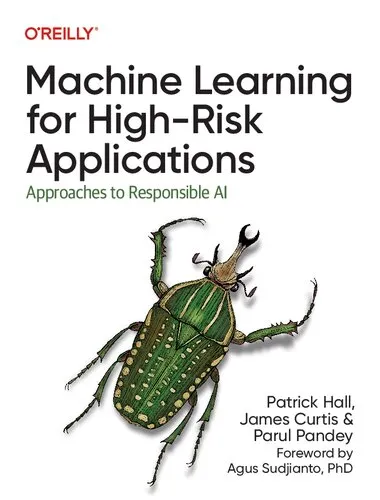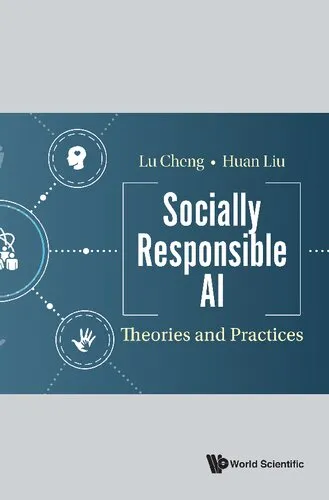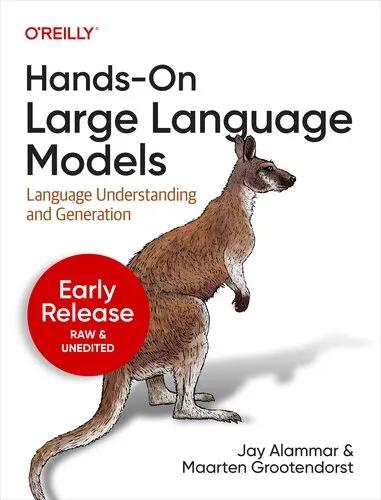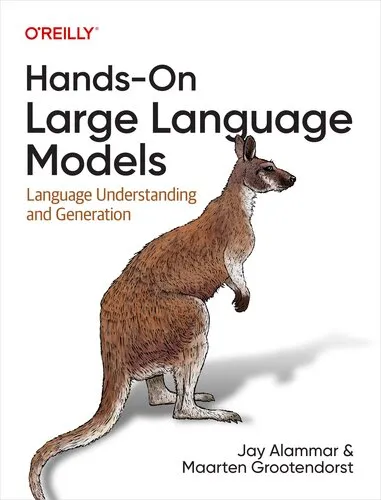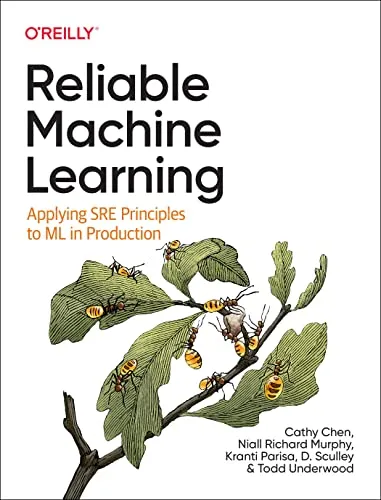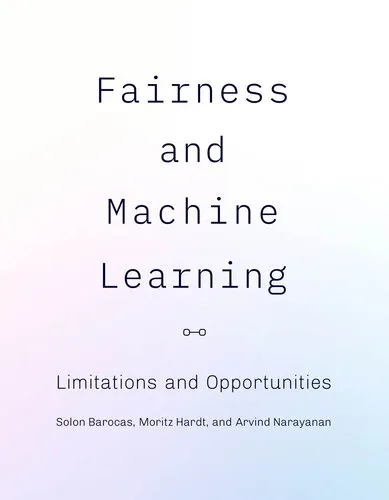The Ethics of Artificial Intelligence: Principles, Challenges, and Opportunities
4.5
Reviews from our users

You Can Ask your questions from this book's AI after Login
Each download or ask from book AI costs 2 points. To earn more free points, please visit the Points Guide Page and complete some valuable actions.Related Refrences:
Introduction to "The Ethics of Artificial Intelligence: Principles, Challenges, and Opportunities"
Artificial Intelligence (AI) is undeniably one of the most transformative forces of our era, reshaping industries and influencing every aspect of modern life. However, this profound technological advancement comes with equally significant ethical questions and dilemmas. In "The Ethics of Artificial Intelligence: Principles, Challenges, and Opportunities," I delve into the philosophical, ethical, and societal dimensions of AI, providing a comprehensive framework for understanding its impact. This book serves as a critical guide for policymakers, technologists, academics, and anyone interested in navigating AI’s ethical terrain responsibly and thoughtfully.
The core purpose of this book is to examine the ethical principles that can guide the development and use of AI, highlight the challenges posed by its rapid growth, and explore how humanity can responsibly harness its opportunities while minimizing harm. By integrating philosophical theories with practical case studies, I aim to strike a balance between abstract ethical reasoning and real-world considerations. This introduction provides an overview of the book’s structure, key takeaways, and contributions to one of the most pressing conversations of the 21st century.
Detailed Summary of the Book
The book is organized into three main sections: Principles, Challenges, and Opportunities. In the Principles section, I establish a philosophical foundation, discussing ethical frameworks such as deontology, utilitarianism, and virtue ethics, and how they apply to AI development and deployment. Concepts like algorithmic transparency, accountability, and fairness are critically examined, laying the groundwork for ethical AI.
The Challenges section tackles the most pressing dilemmas brought about by AI, including bias in machine learning algorithms, data privacy concerns, labor automation, and the potential for misuse in surveillance and decision-making. Here, I scrutinize the ethical tensions surrounding these issues and consider how stakeholders can work collectively to mitigate risks.
The final section, Opportunities, shifts focus to the positive potential of AI. This includes its role in advancing healthcare, education, environmental sustainability, and global problem-solving. Readers are invited to reflect on how AI can be leveraged to uphold our shared humanity and achieve equitable progress, provided that ethical considerations are embedded into its very design.
Key Takeaways
- Ethics must be central, not peripheral, to the design and implementation of AI systems.
- Algorithmic bias is a critical issue that requires practical as well as theoretical interventions.
- Transparency, accountability, and inclusivity are essential principles for AI governance.
- AI’s ethical challenges are global and require collaborative solutions that respect cultural and contextual diversity.
- With the right safeguards, AI holds immense potential to solve long-standing societal problems.
Famous Quotes from the Book
"Humanity must not be subjugated by the power of its own creations; instead, we must coexist with AI under the guidance of ethical principles."
"Ethics is not a roadblock to innovation; it is the compass that points us toward meaningful and sustainable technological progress."
"The future of AI depends not only on engineering it well but also on guiding it wisely."
Why This Book Matters
In a world increasingly shaped by AI, the ethical considerations surrounding its development and application cannot be overstated. "The Ethics of Artificial Intelligence: Principles, Challenges, and Opportunities" is a timely contribution to this critical discourse, offering readers a profound understanding of the moral landscapes of AI. This book equips policymakers, researchers, and technologists with the tools to anticipate risks, identify opportunities, and ensure that AI benefits humanity as a whole.
The book stands out by combining rigorous philosophical inquiry with actionable insights, making it accessible to both lay readers and experts. It advocates for the inclusion of ethics at every stage of AI development, fostering a collaborative and inclusive approach to shaping the future of technology.
At its core, this book emphasizes that the ethical dimension of AI is not a secondary concern but the foundation upon which a responsible and equitable AI-driven world must be built. By engaging thoughtfully with the ideas presented here, readers can join the global conversation on how to guide AI toward a better future for all.
Free Direct Download
You Can Download this book after Login
Accessing books through legal platforms and public libraries not only supports the rights of authors and publishers but also contributes to the sustainability of reading culture. Before downloading, please take a moment to consider these options.
Find this book on other platforms:
WorldCat helps you find books in libraries worldwide.
See ratings, reviews, and discussions on Goodreads.
Find and buy rare or used books on AbeBooks.
1417
بازدید4.5
امتیاز0
نظر98%
رضایتReviews:
4.5
Based on 0 users review
Questions & Answers
Ask questions about this book or help others by answering
No questions yet. Be the first to ask!
